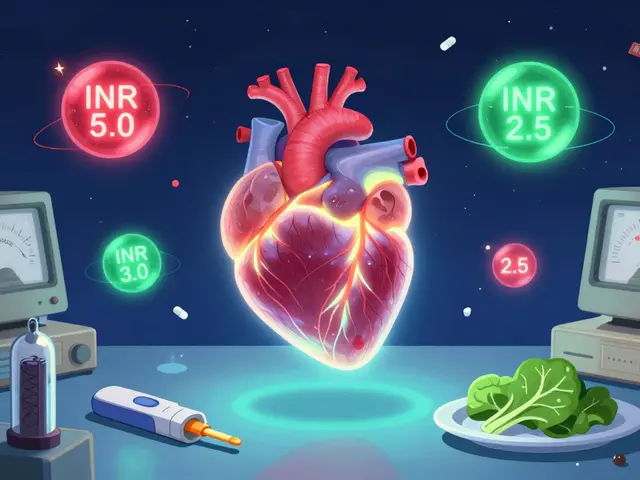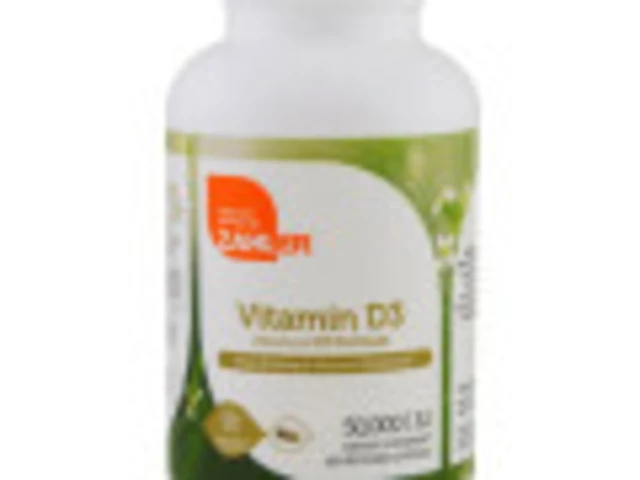Alfalfa: What It Is and Why People Use It
Alfalfa (Medicago sativa) is a leafy legume you’ve probably seen as animal feed or in supermarket sprouts. People use alfalfa leaves, sprouts, and concentrated supplements for vitamins, minerals, and plant compounds. It’s popular for adding nutrient density to salads, smoothies, and for claims about digestion, cholesterol, and joint health.
Benefits and Common Uses
Alfalfa packs vitamin A, vitamin K, vitamin C, calcium, iron, and small amounts of protein. Many users take alfalfa to support bone health (thanks to vitamin K and calcium) and to add antioxidants to their diet. Some small studies and traditional use suggest alfalfa may help lower cholesterol and improve appetite or digestion, but results vary.
Sprouts are the easiest way to try alfalfa: toss a handful into salads or sandwiches for crunch and a mild, grassy taste. Dried leaves and tablets are more concentrated and used when someone wants higher daily intake without eating large volumes of sprouts.
Safety, Dosage, and Interactions
Typical supplement doses range from 400–500 mg per tablet, taken 1–3 times daily, or 1–3 teaspoons of dried leaves brewed as tea. Start low — one tablet or a small serving of sprouts — so you can see how your body reacts.
Watch for specific risks: alfalfa contains phytoestrogens like coumestrol and a compound called L-canavanine. High or long-term intake has been linked to autoimmune-like symptoms in some people. Avoid large doses if you have an autoimmune disease or are taking immunosuppressants.
If you take blood thinners such as warfarin, be careful. Alfalfa’s vitamin K content can reduce the drug’s effect. People with diabetes should monitor blood sugar closely because alfalfa might lower glucose. Pregnant or breastfeeding women should avoid high-dose supplements; sprouts are also discouraged in pregnancy due to the risk of bacterial contamination (Salmonella, E. coli).
Sprouting hygiene matters. Rinse seeds well, use clean jars or a sprouter, and store sprouts in the fridge. If you’re concerned about bacteria, cook the leaves — heating reduces contamination risk and may change some active compounds.
When buying supplements, look for third-party testing, clear ingredient lists, and standard dosing. If you want a therapeutic effect (for example, cholesterol lowering), discuss it with your doctor rather than self-treating. That’s especially true if you’re on medication or have chronic conditions.
Want a simple way to try alfalfa? Add a small handful of fresh sprouts to your lunch salad, or brew a teaspoon of dried leaves as a mild tea. If you choose tablets, start with one daily and check for any new symptoms after two weeks.
Alfalfa can be a useful nutrient boost for many people, but it’s not risk-free. Use it thoughtfully, check interactions with your meds, and ask your healthcare provider if you’re unsure.
Unlock the Power of Alfalfa: The Ultimate Dietary Supplement for a Healthier You!
In my latest blog post, I delve into the amazing health benefits of Alfalfa, a dietary supplement that's often overlooked. This powerful plant is packed with essential vitamins and minerals that can boost our overall health. From aiding digestion to reducing cholesterol and blood sugar levels, Alfalfa proves to be the ultimate dietary supplement. It's like a secret weapon for a healthier you! Don't miss out on this nature's gift, start incorporating Alfalfa into your diet today.
Latest Posts
-

Keeping a Medication Journal: Tracking Your Response to Generic Medications
-

Monitoring Your INR: Understanding Blood Thinner Levels and Targets
-

Meclizine vs Alternatives: Which Antihistamine Is Best for Motion Sickness?
-

Boost Your Overall Health with the Power of Fructo-Oligosaccharides Dietary Supplement
-

Exploring Top Alternatives to Zithromax: Effective Antibiotics in 2025

16